DHAKA, June 24 (V7N)– Bangladesh's Election Commission (EC) has officially restored the political registration of Bangladesh Jamaat-e-Islami, along with its traditional electoral symbol, the ‘Scales’ (Dāripalla). The move, confirmed by a gazette notification issued on Tuesday, overturns the EC's earlier decision from October 28, 2018, which had revoked the party's registration.
The reinstatement follows a significant ruling by the Appellate Division of the Supreme Court on June 1st. The apex court overturned a 2013 High Court verdict that had declared Jamaat's registration illegal in response to a 2009 writ petition. The Supreme Court's decision paved the way for the restoration of the party's registration and its election symbol.
According to the latest notification, signed by Akhtar Ahmed, the cancellation of the 2018 notification effectively reinstates Jamaat-e-Islami's status as a registered political party. This means Jamaat will now be eligible to contest the next parliamentary elections, using its 'Scales' symbol.
Jamaat-e-Islami was initially registered with the Election Commission on November 4, 2008, under Registration No. 014, in accordance with Article 90B of the Representation of the People Order, 1972 – the core electoral legal framework in Bangladesh. However, its registration was scrapped in 2018 in compliance with the High Court's 2013 judgment.
Following the Supreme Court's directive, the Election Commission convened a meeting on June 4th and decided in principle to reinstate Jamaat's registration and symbol, culminating in today's official gazette notification.
The restoration of Jamaat-e-Islami's political status is a highly significant development in Bangladesh's political landscape. The party, known for its Islamist ideology, faced severe legal and political challenges over its alleged role in the 1971 Liberation War and was banned during former Prime Minister Sheikh Hasina's tenure. Its re-entry into the electoral arena is expected to influence the dynamics of future elections. Earlier, Jamaat had called for a limit on the Prime Minister's tenure to no more than 10 years in a lifetime, a position that reflects their stance on political power.
END/MSS/RH/



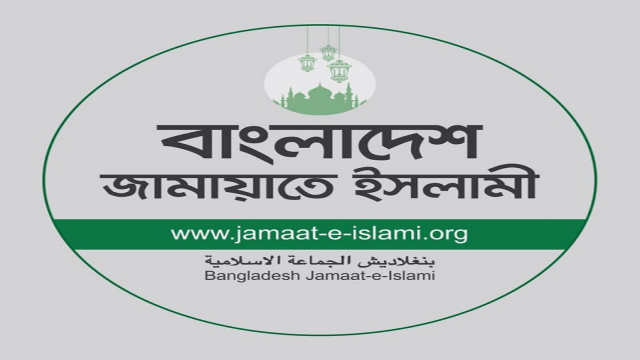

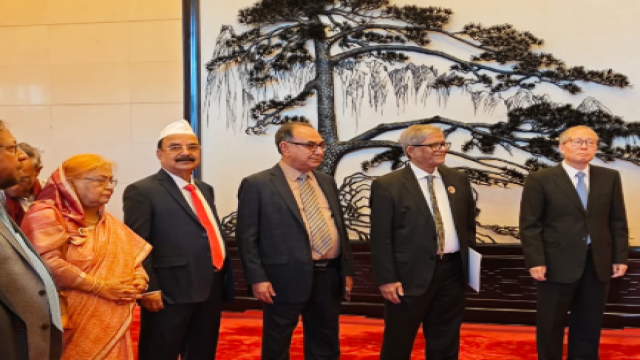
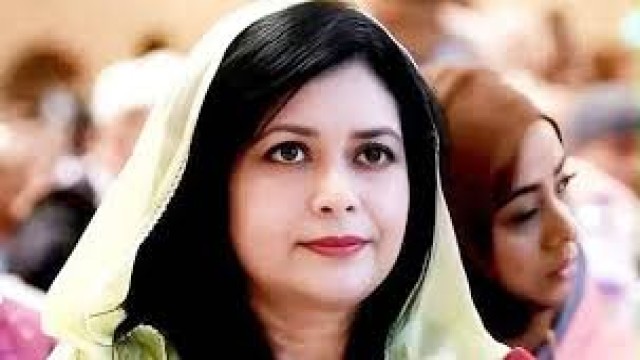
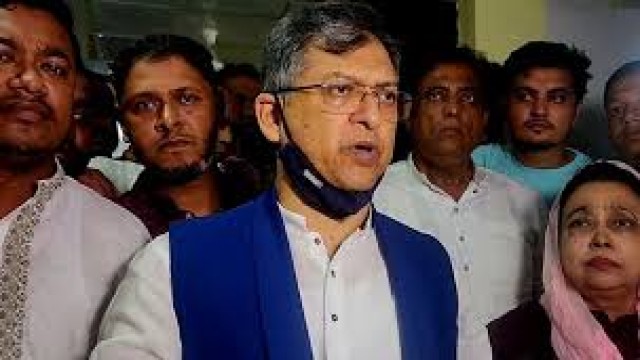
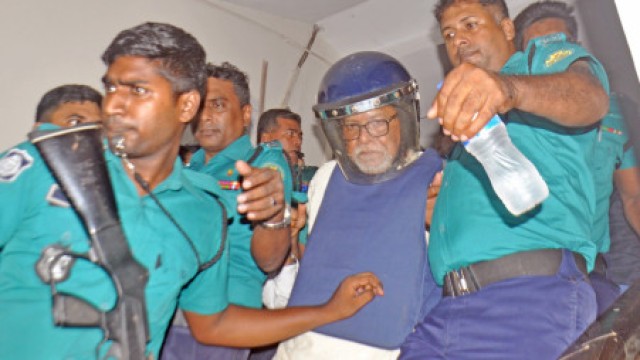



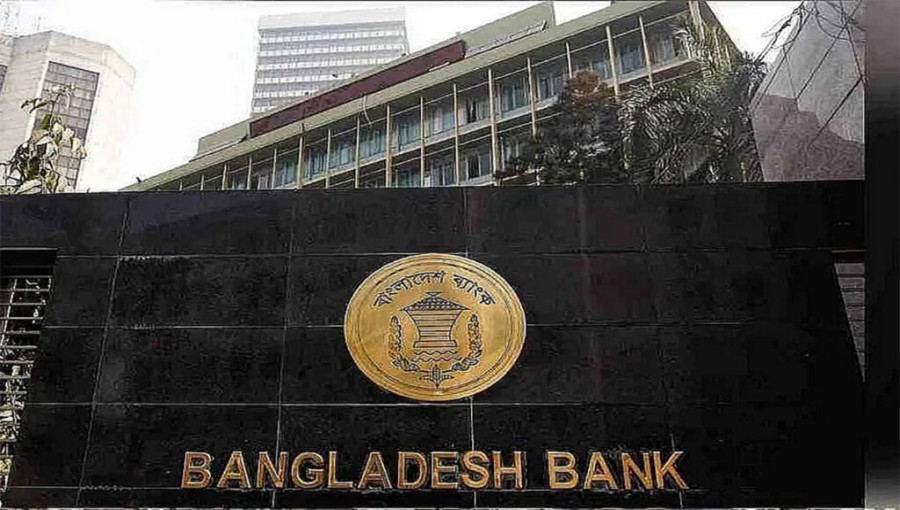
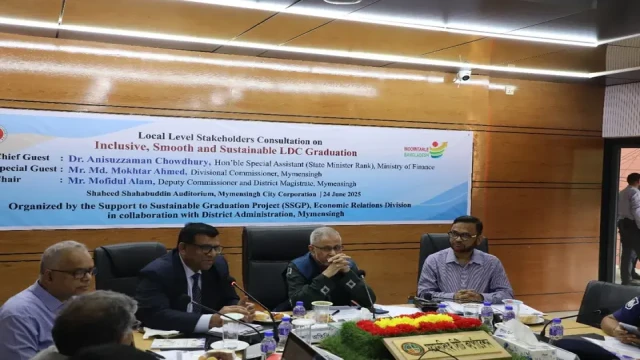

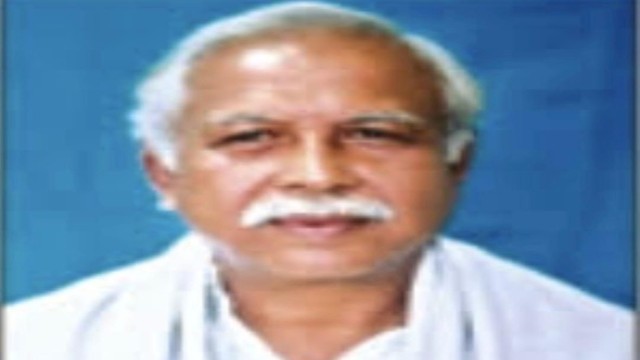
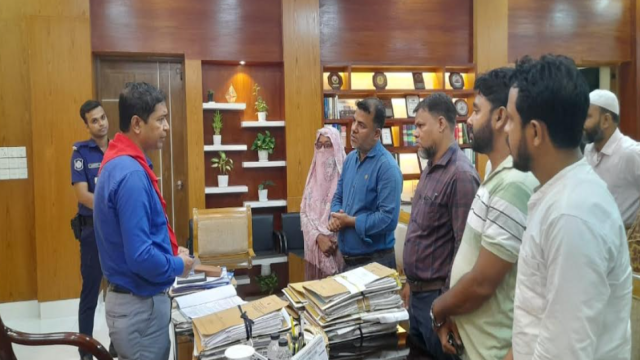
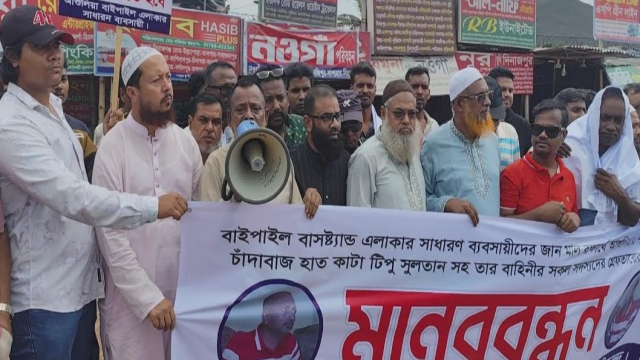


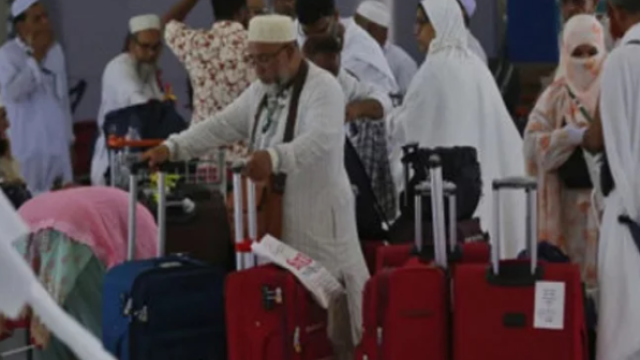

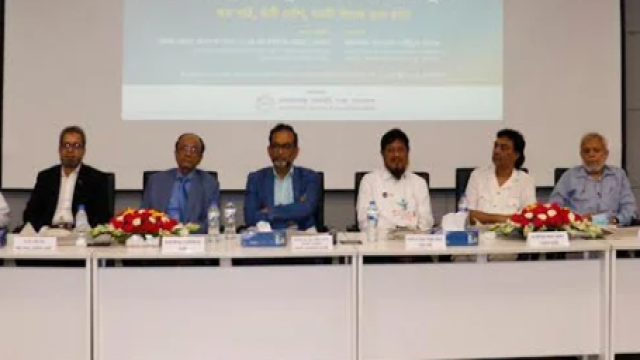
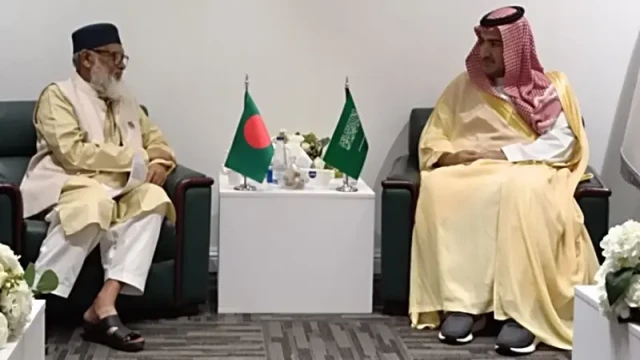
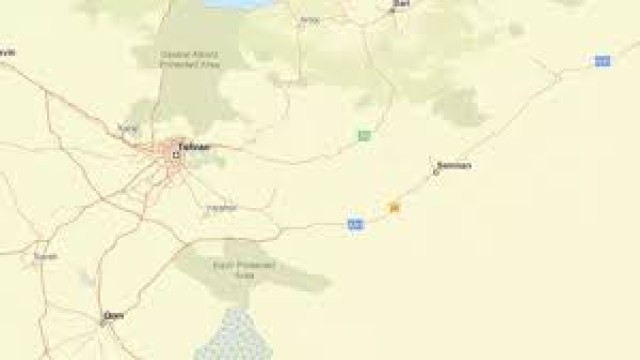
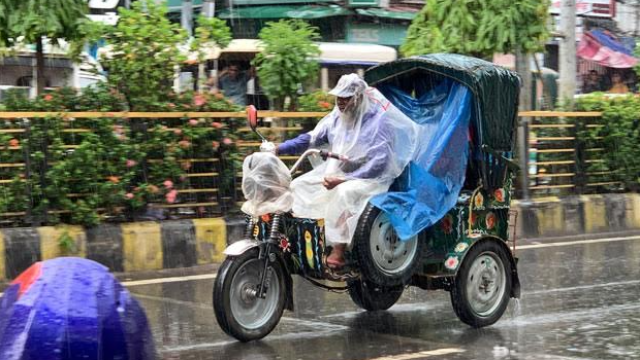

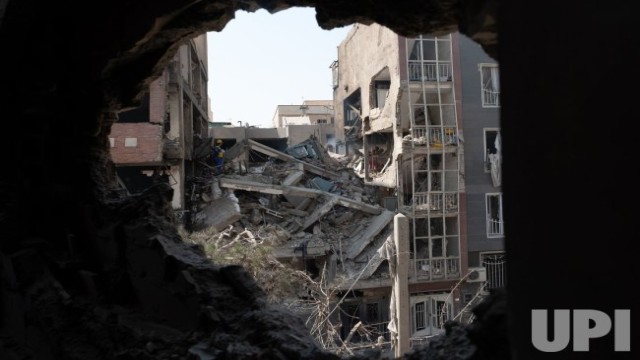

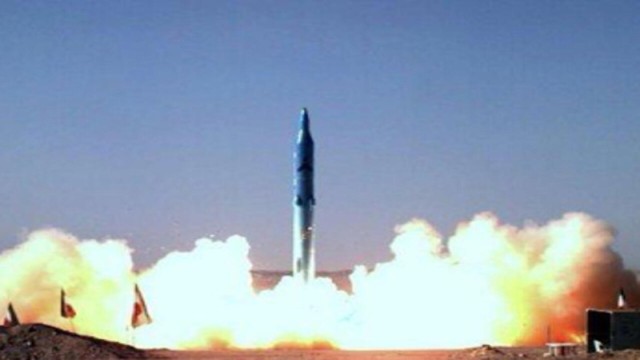
Comment: